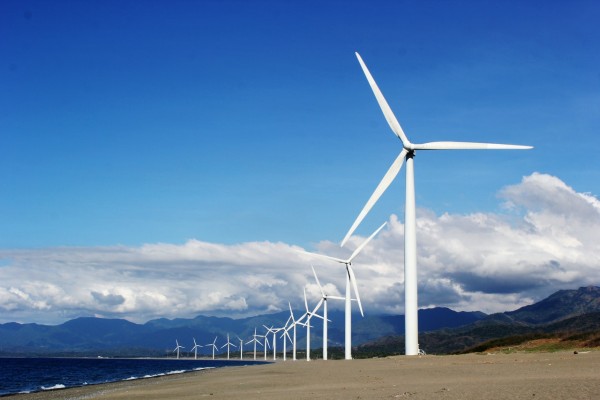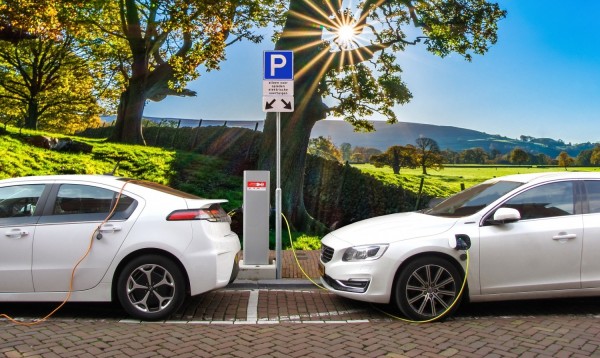[ad_1]
Australian think tank study says running homes and vehicles on electricity alone would save homeowners $ 5,443 per year.
(Photo: Pexels)
Study Says Converting All Home Appliances And Cars To Run On Electricity Can Cut A Third Of Australia’s Greenhouse Gas Emissions While Sparing Families 40 billion dollars per year by 2028.
Save thousands
According to Castles and Cars by Rewiring Australia, the average Australian home uses 102 kWh of electricity per day, which costs $ 5,248 per year. Gasoline and gas to power cars, stoves, showers and heaters account for a large portion of these expenses.
Research has shown that internal combustion engines in automobiles are only 30% efficient at converting gasoline or diesel into electricity, and natural gas water heaters use three times more energy than gas pumps. heat – the same technology that powers refrigerators and air conditioners. In addition, many coal-fired power plants achieve only 30% efficiency in power generation, while natural gas plants achieve 45% efficiency.
Related article: Thousands of Environmental Scientists and Academics Call for ‘Non-Proliferation Treaty’ on Fossil Fuels
Switch to electric

(Photo: Kervin Edward Lara de Pexels)
Replacing fossil-fueled devices and cars with electric versions by 2030 and powering them with more efficient, low-cost solar energy could save households, research finds $ 5,443 per year and reduce domestic emissions to zero.
Due to its population density, renewable energy production capacity, and current state and territory legislation, Australia was uniquely positioned to electrify households.
Taking the best existing policies of each state and combining them with federal leadership, said Saul Griffith, an Australian who has advised the Biden administration on energy policy and is the author of the report, would allow Australia to place a full frame and “show the world how it’s done.”
Australia takes important steps
Griffith said: “Australia is much closer to achieving this than the general public thinks.” “We’ll sell this technology to California if we get there first. They’ll sell it to us if we don’t start.”
He added that a pilot initiative to convert every building into a suburb would be the first step. After that, it would become a model that could be modified before being implemented elsewhere.
Victoria’s Energy and Climate Change Minister Lily D’Ambrosio will present the study carried out in collaboration with the Australia Institute on Tuesday. Before Gladys Berejiklian stepped down as NSW Premier on Friday, Matt Kean, the state’s Energy and Environment Minister, soon to be appointed treasurer, was due to attend the event.
The research, according to Richie Merzian of the Australia Institute, is “great news.” “It sums up solutions to climate change to one simple story: switch to 100% renewable energy, electrify everything, then turn your carbon sources into carbon sinks,†he added.
Recommendations

(Photo: Pixabay)
The research recommends providing grants and funding to help low-income households switch to electricity, as well as making solar power and battery storage a “national priority.” This would include the nationwide expansion of initiatives such as the Victorian Government’s Solar Home Program, which aims to electrify appliances in low-income families.
The Victorian government, according to D’Ambrosio, is working on a “gas replacement roadmap” that “would set out a long-term approach to decarbonize gas consumption.”
“Electrification has great potential to help Victoria meet its emissions reduction target by 2030,” she added.
Although Nicky Ison, head of energy transition at WWF Australia, was not involved in the report, he said it was “convincing”.
“When we talk about climate change and energy transition, one of the problems we have is that 15 years ago a lot of the attention was on personal sacrifice,” Ison added. “We have moved from a climate discourse focused on austerity to one based on abundance and opportunity.”
Also read: OPEC member calls for change, urges oil producers to invest more in renewable energy
For more information on how to make the environment sustainable, be sure to follow Nature World News!
© 2021 NatureWorldNews.com All rights reserved. Do not reproduce without permission.
[ad_2]

